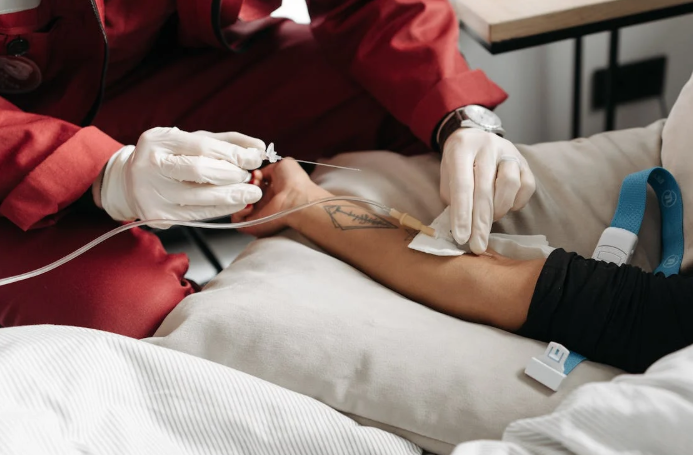Best Practices for Supporting Patients After Major Surgical Interventions

Recovering from major surgery is a challenging journey. It involves more than just healing wounds. Patients often face physical limitations, emotional stress, and lifestyle changes. Providing the right support during this period can make a significant difference. Proper care helps prevent complications, speeds recovery, and improves overall well-being.
Importance of Comprehensive Post-Surgery Support
After surgery, patients enter a vulnerable state. Their bodies need time to heal, and their energy levels may be low. Without adequate support, the risk of setbacks rises. Complications like infections, blood clots, or malnutrition can occur if care is lacking. Therefore, comprehensive support is not a luxury but a necessity.
Role of Home Health Care in Recovery
Home health care plays a vital role in post-surgical recovery. This type of care involves medical professionals visiting the patient’s home to provide necessary treatments. These can include wound care, physical therapy, and monitoring vital signs.
The home health care is particularly beneficial because it allows patients to recover in a familiar and comfortable environment. It reduces the stress of hospital stays and lowers the risk of hospital-acquired infections. Nurses and therapists can tailor care plans specifically to the patient’s condition and pace of recovery.
Managing Nutrition After Bariatric Surgery
Bariatric surgery is a life-changing procedure designed to aid significant weight loss. It involves altering the digestive system to limit food intake or nutrient absorption. After such surgery, nutrition management becomes critical.
Healthcare providers, including dietitians and home health aides, support patients through this transition. They provide education on meal planning, supplement use, and hydration. Continuous monitoring after bariatric surgery ensures that patients stay on track with their nutritional goals, which is essential for maintaining health and achieving long-term success.
Monitoring Physical and Emotional Well-Being
Recovery from surgery affects both body and mind. Patients often experience fatigue, pain, or discomfort, but emotional challenges are just as important. Feelings of anxiety, depression, or frustration may arise, especially after major surgeries like bariatric procedures.
Regular monitoring helps identify signs of physical or emotional distress early. Home health care teams are trained to observe changes in mood, behavior, or physical symptoms. They can provide counseling, suggest coping strategies, or connect patients with mental health professionals.
Creating a Safe and Comfortable Home Environment
The home environment plays a crucial role in recovery. After major surgery, patients may have limited mobility and require assistance with routine tasks. Ensuring the home is safe and accessible prevents accidents and promotes independence.
Simple adjustments like removing trip hazards, installing grab bars, or arranging furniture for easy movement can make a big difference. Home health care providers often assess the living space and recommend modifications.
Coordinating Follow-Up Care and Rehabilitation
Recovery doesn’t end at home. Follow-up appointments and rehabilitation are essential for long-term success. Scheduling these visits and ensuring patients attend them requires careful planning.
Home health care teams often assist with coordinating appointments and transportation. They also communicate with doctors and therapists to share updates on the patient’s progress. Rehabilitation services like physical therapy help restore strength and mobility.
Conclusion
Supporting patients after major surgical interventions demands a well-rounded approach. Home health care stands out as a critical resource, offering personalized medical and emotional support in the comfort of the patient’s home. For individuals recovering from procedures such as bariatric surgery, managing nutrition, monitoring well-being, and ensuring safety are vital steps.





